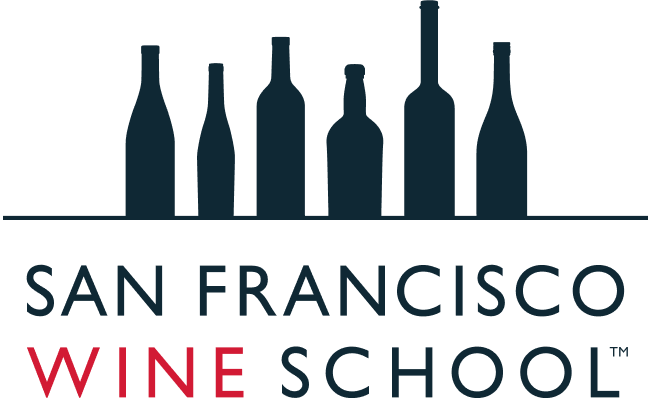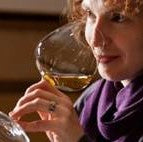This week David Furer continues last week’s interview of Andrew Jefford.
* How is wine best distinguished between being a commodity product or an artisan’s creation?
The key is consistency and predictability. Industrial wine (the ‘commodity product’) is reliable and unchanging — and often branded; these are key ‘brand values’. An artisan’s creation is never the same twice. I don’t think commodity wines have any place in serious restaurants, in other words restaurants which need sommeliers. You don’t need a sommelier to sell you a brand, since the brand marketers have already done that.
* Your presentations on St. Chinian at Vinisud prompts me to wonder of your perspective on the Languedoc’s place in the firmament of the modern wine biz: how should the contemporary sommelier view this vast region?
The cliche ‘happy hunting ground’ comes to mind, especially when 2013 starts filling the containers; it’s been a great vintage down here and a catastrophic one elsewhere in France. Languedoc honestly needs a lot of work to buy, as quality here is still patchy — you can’t just grab and go. But at its best, I doubt there is any better value anywhere in the wine world, and you can certainly find $15 wines here which are as good as $50 Rhone wines. The best Languedoc wines, too, are quintessential vins de terrors, just saturated with the sense of place. They aren’t difficult or complicated to enjoy; they are supremely generous and good-natured. They are also more diverse than many realize — I’m in love with some of the wonderful whites you get round here nowadays, based on Grenache Blanc and Gris, and Carignan Blanc, and Bourboulenc, as well as Roussanne and Marsanne and Vermentino. Of course the flavours and structures are very different from, say, white Burgundy, but I can think of white wines here which are as subtle as that, and as compelling. Don’t ignore Roussillon, too; Languedoc’s Catalan twin; everything I have written above applies to Roussillon, too, and those obsessed with ‘minerality” might find even more in Roussillon than Languedoc. If you’re in the market for straightforward varietals, too, then good old Oc can do them with more subtlety than most world competitors.
* If a sommelier wishes to begin to write of wine, what step(s) should s/he take in order to successfully combine their proven skills with those they wish to develop?
1) Ensure you have some other source of income
2) Ignore all other wine writing, and don’t read it
3) Read great writers writing on other subjects
4) Ensure your imagination is always engaged
5) Triple check every fact, every name
6) Edit, edit, edit, and probably cut, cut, cut
7) Schmooze those who might actually pay you for what you have written (tastefully)
** for those of you wishing inspiration adjacent to his more accessible writings, Jefford weekly Twitters a new haiku and annually discloses details of his earnings–along with far more interesting points–at http://andrewjefford.com.
Check out our full schedule of programs, workshops and public events. Private, customized experiences and corporate training is also available.
Learn more about the basics of wine in our Wine 101 Workshop.



